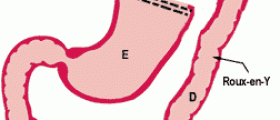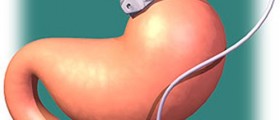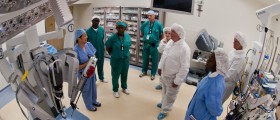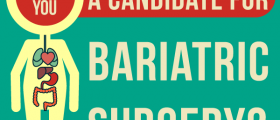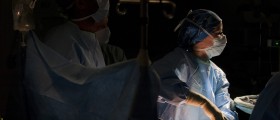Overview
The condition occurs when food, especially simple carbohydrates or meals rich in table or fruit sugar, move from the stomach to the small intestine too rapidly.
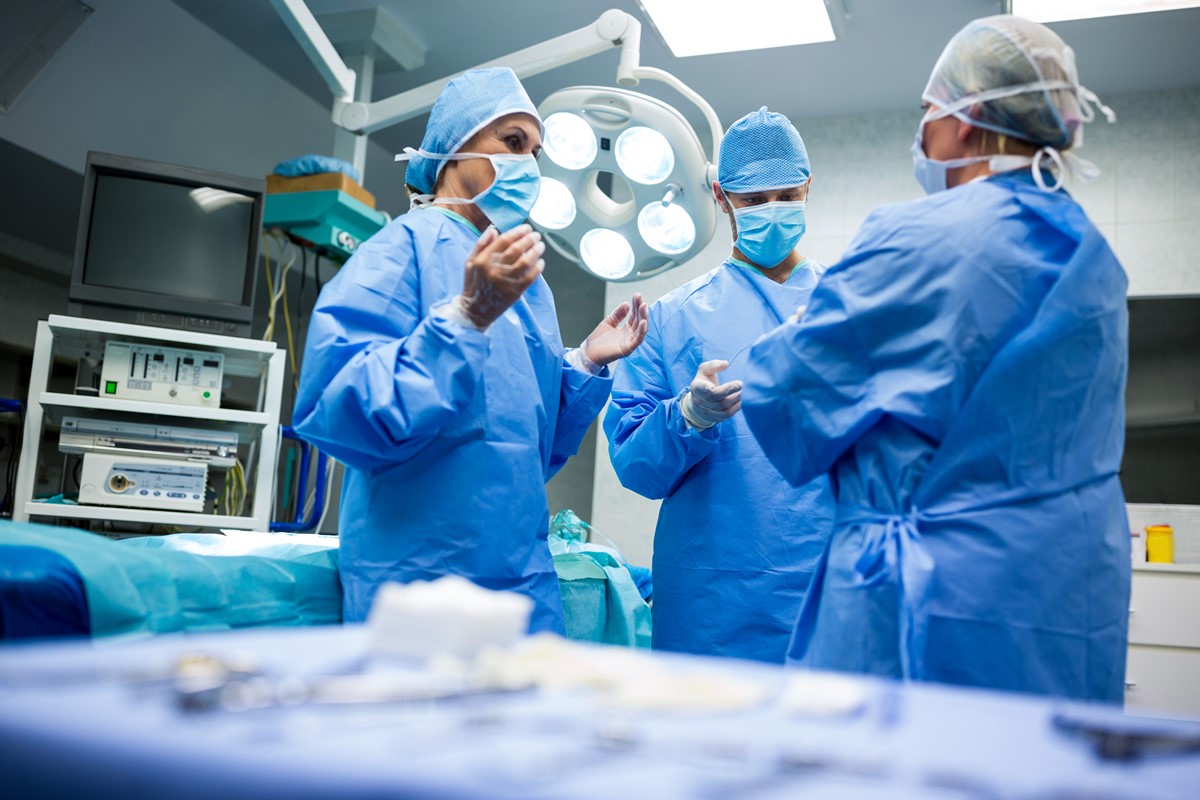
Causes and Risk Factors
After certain surgical procedures to the gastrointestinal tract, the contents of the stomach move quickly into the small intestine in an abnormal and uncontrolled manner.
The surgeries that can possibly lead to dumping syndrome include:
- Gastric bypass surgery - also called a Roux-en-Y procedure, this surgery is performed to help treat morbid obesity. The surgery involves creating a new stomach pouch that is smaller than the initial stomach which is then connected to the small intestine. This means that the patient will no longer want to eat as much as they did before.
- Gastrectomy - here, all or part of the stomach is surgically removed.
- Esophagectomy - in this procedure all or part of the esophagus, the tube between the mouth and the stomach, is removed.
Symptoms and Signs
Signs and symptoms of dumping syndrome usually occur immediately after eating and they may include:
- Lightheadedness and dizziness.
- Nausea and vomiting.
- Facial flushing due to blood being diverted to the peripheral areas of the body.
- Abdominal cramps.
- Rapid heart rate.
Late dumping syndrome signs and symptoms can occur one to three hours after eating. This occurs as a result of the body releasing a large amount of the hormone insulin which causes a large amount of glucose to be absorbed by the small intestines after the intake of a high sugar-containing meal. This causes the affected individual's blood sugar levels to drop and this can cause issues such as:
- Hunger pangs.
- Sweating.
- Dizziness.
- Fatigue.
- A rapid heart rate.
- Generalized weakness.
Management
There are some dietary changes that can be suggested to patients who struggle with signs and symptoms of dumping syndrome and these include:
- Eating smaller meals - it is suggested that affected individuals try to eat a few small meals a day rather than three bigger ones.
- Making changes to the diet - such as eating more proteins like poultry, meat, fish, and peanut butter, as well as complex carbohydrates such as whole-grain foods and oatmeal. High sugar-containing foods such as syrups, sweets, juices, and sodas should be limited or even avoided if possible. One's fiber intake should be increased as this can delay the absorption of sugars in the small intestine.
- Avoiding the intake of fluids with meals - patients are advised to rather drink fluids between meals.
- After eating one should sit upright - these patients should not lie down for 30 to 60 minutes after eating.
- Try avoid drinking alcohol - this can be discussed with one's primary care doctor.
- Supplement with appropriate vitamins and minerals - essential nutrients may not be absorbed adequately after gastric surgery and additional supplements may need to be taken by affected individuals.
- www.ncbi.nlm.nih.gov/pubmed/26396002
- Photo courtesy of SteadyHealth


